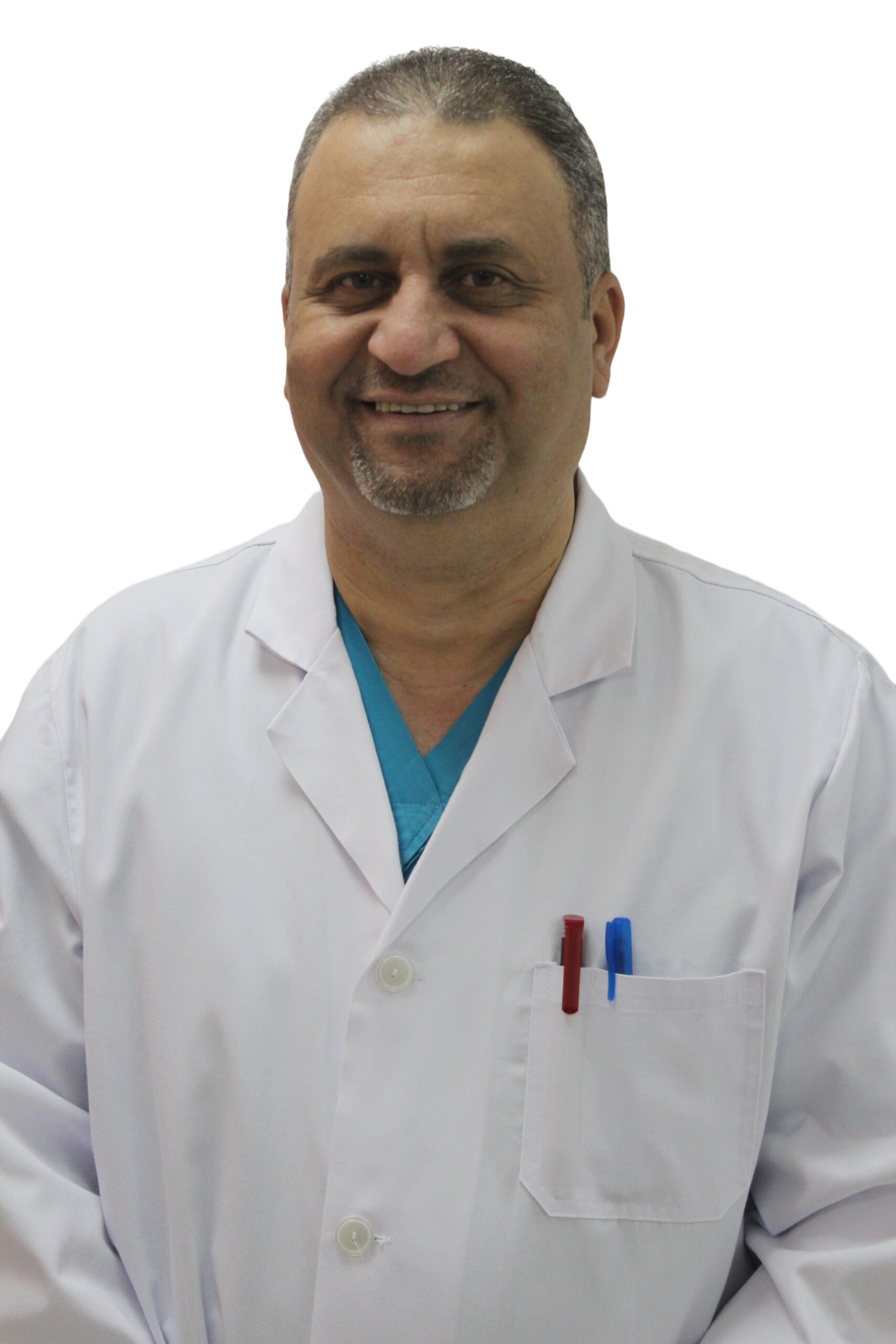Anesthesiologists refer to doctors who administer medication to a patient so they don’t experience pain when undergoing surgery. However, these specialist physicians play a broader, much more expansive role than putting people to sleep for surgery.
Anesthesiologists also offer pain relief if you’re suffering from ongoing conditions like cancer or back pain. And after surgery, they sometimes help you control pain after you go back home from surgery. Here we’ve curated an in-depth guide to understanding anesthesiology at Al Farid Hospital:
Who are Anesthesiologists, and What Do They Do?
Physician anesthesiologists refer to specialized medical doctors that resemble your primary care physician. Typically, Physician anesthesiologists specialize in critical care medicine, as well as pain management. Furthermore, they are experts in understanding and treating patients.
Physician anesthesiologists have up to twelve to fourteen years of education. This includes 12,000 to 16,000 hours in clinical training and medical schools. Physician anesthesiologists evaluate and supervise anesthesia in a patient’s surgery.
How Does the Anesthesiologist Care for You During Surgery
Physician anesthesiologists guide patients throughout their surgical experience. Here we have an in-depth guide on how anesthesiologists take care of patients:
Before the surgery, your anesthesiologist will make sure you’re healthy and fit in the days or weeks before surgery. Moreover, they will prepare you for the procedure by asking detailed questions, examining you, and reviewing tests.
Your physician anesthesiologist will clear out all your questions about anesthesia and surgery. Remember to tell your physician anesthesiologist about existing medical problems like diabetes, asthma, or heart disease.
During the surgery, the physician anesthesiologist manages, as well as monitors and control anesthesia and pain management during surgery.
They are also equipped to manage medical problems during surgery or due to chronic conditions diabetes, heart problems, asthma, and high blood pressure.
After Surgery- In the recovery room, your anesthesiologist will supervise others who will take care of you and monitor your recovery. They will monitor your consciousness, breathing, circulation, and oxygen level.
Your physician anesthesiologist is also responsible for deciding when a person has recovered from the effects of anesthesia. After the patient recovers, they are ready to leave the hospital. Moreover, they’ll curate an in-depth recovery plan and pain management plans for when you reach home.
What are the Types of Anesthesia?
Your physician anesthesiologist will discuss the various types of anesthesia that are safe and appropriate for your procedure. Here, we examine in-depth the different types of anesthesia:
General Anesthesia
General anesthesia refers to the type of anesthesia most people imagine upon hearing the word’ anesthesia.’ During general anesthesia, patients are unconscious and lack awareness and sensations.
General anesthesia uses various medication, which includes gases, and vapors. Typically, these are given through a mask or a breathing tube. However, some medications are provided via an IV to relax muscles, treat pain, and induce sleep.
Regional Anesthesia
Regional anesthesia is known to make an area of your body numb and prevent the patient from experiencing pain. In fact, it can eliminate sensations in the area that requires surgery.
Here the anesthesiologist injects local anesthesia near the nerves providing sensation to the area about to undergo surgery.
Sedation
Otherwise known as monitored anesthesia care, sedation used to be known as ‘twilight.’ When providing sedatives, anesthesiologists use an IV to give patients medications.
These medications help the patient relax and make them feel drowsy. Depending on the type of procedure and the patient’s preference, different levels of sedatives are possible.
Local Anesthesia
Local anesthesia refers to medications like lidocaine injected via needle or applied as a cream to numb specific areas. These are typically used to provide pain relief for limited procedures like filling dental cavities, sewing up a deep cut, and so on.
At the end of an operation, your surgeon may inject local anesthesia to provide pain relief during recovery.
Why Visit an Anesthesiologist at Al Farid Hospital?
Here are a couple of reasons you may have to visit an anesthesiologist at Al Farid Hospital:
Pain Relief during Surgery
Before your operation, you may have to connect with an anesthesiologist for an in-depth evaluation. The anesthesiologist will curate a plan for the operation, considering all your needs and requirements.
On the day of the operation, your anesthesiologist will supervise the administration of anesthesia and medication to ensure you don’t experience any pain. Keep in mind that the anesthesiologists themselves do not provide anesthetic; they manage CRNA or Anesthesia Assistant.
Get Critical or Emergency Care
Your anesthesiologist also plays an integral role in providing critical care and treatment for trauma.
They not only assess the patient, but they also make accurate diagnoses. They also provide in-depth care for breathing and circulation and help prevent infections.
They may even contribute to emergency medicine, including airway and cardiac resuscitation and support.
Why Choose Al Farid Hospital
Located in Villaggio Mall, Doha Qatar, Al Farid Hospital is an ideal choice for all your treatment and diagnosing needs. Here are few more reasons to visit the hospital:
Team of Professionals
Al Farid Hospital boasts a team of well-trained and highly-skilled professionals committed to providing you a high-quality diagnosis and treatment plans.
Moreover, our expert anesthesiologists boast the necessary qualifications and certifications to ensure you can count on them to curate the perfect before, during, and after-surgery care plans.
Access to High-Quality Equipment
Al Farid Hospital uses state-of-the-art equipment to ensure all our patients are well taken care of and completely safe.
Book a schedule today!
Sources:
https://www.hss.edu/what-is-an-anesthesiologist.asp
https://www.uclahealth.org/anes/types-of-anesthesia
https://www.webmd.com/a-to-z-guides/what-does-an-anesthesiologist-do
https://www.medicalnewstoday.com/articles/287857#what-does-an-anesthesiologist-do?
https://www.asahq.org/madeforthismoment/anesthesia-101/role-of-physician-anesthesiologist/

